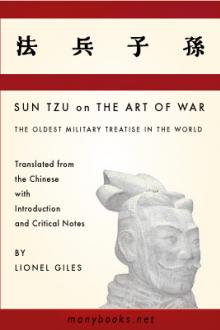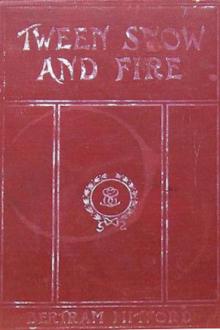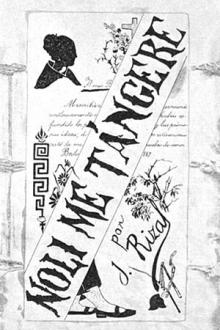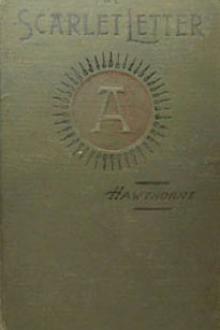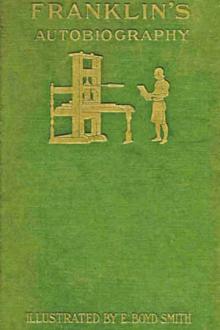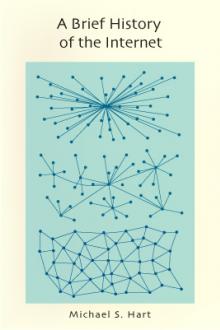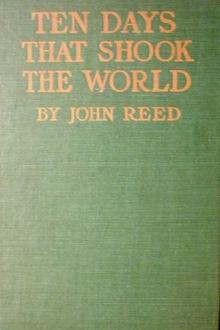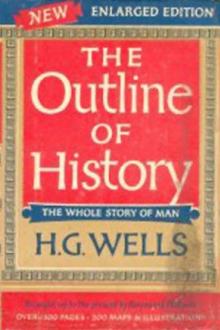The United States of America, part 1 (1783-1830)
The United States of America, part 1 (1783-1830)
Book Excerpt
blic sentiment at the time,
one finds it difficult to conceive how any other form of union could
have been secured. Individualism was in the saddle. Engaging in war
to resist the encroachments of a centralised government and smarting
under the actions of a body in which they were not represented, the
people would naturally resolve to retain the control which the rebellion
had thrown into their hands. Distributed power must never be centralised
again. Liberty was closely associated with individualism. A majority
was no safeguard. Reaction from a centralised monarchy had evidently
swung public sentiment to the other extreme, resulting in a
decentralised confederacy.
As implied in the name, this Continental Congress had been called together originally as a consulting body for the thirteen distinct colonies. When the war forced the second session into making laws, the name should have been changed to "Parliament"; but, in the chaotic condition of affairs and the very gradual assumption of sovereignty, a change in name went by default. Although the Congress became a parliament in form, its members never so regarded it. They still served their sovereign States in a national body, consulting and providing for the common defence. They had no desire to make a modern union at the time they formed the Confederation. This is evidenced by the preliminary statement of the Articles that each State retained its sovereignty, freedom, and independence. In this view, "a firm league of friendship," the phrase used to describe the nature of the Confederation, is exact and appropriate. It formed a league of individual units, such as the separate colonies had been, "binding themselves to assist each other against all force offered to, or attacks made upon them, or any of them, on account of religion, sovereignty, trade, or any other pretence whatever."
This individualistic tendency was manifest in the workings of the Articles. Franklin's plan provided for an executive council of twelve, appointed by Congress from its own numbers.
FREE EBOOKS AND DEALS
(view all)Popular books in History
Readers reviews
0.0
LoginSign up
Be the first to review this book
Popular questions
(view all)Books added this week
(view all)
No books found
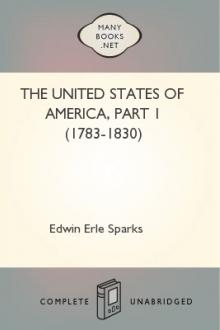
 Free Download
Free Download

















